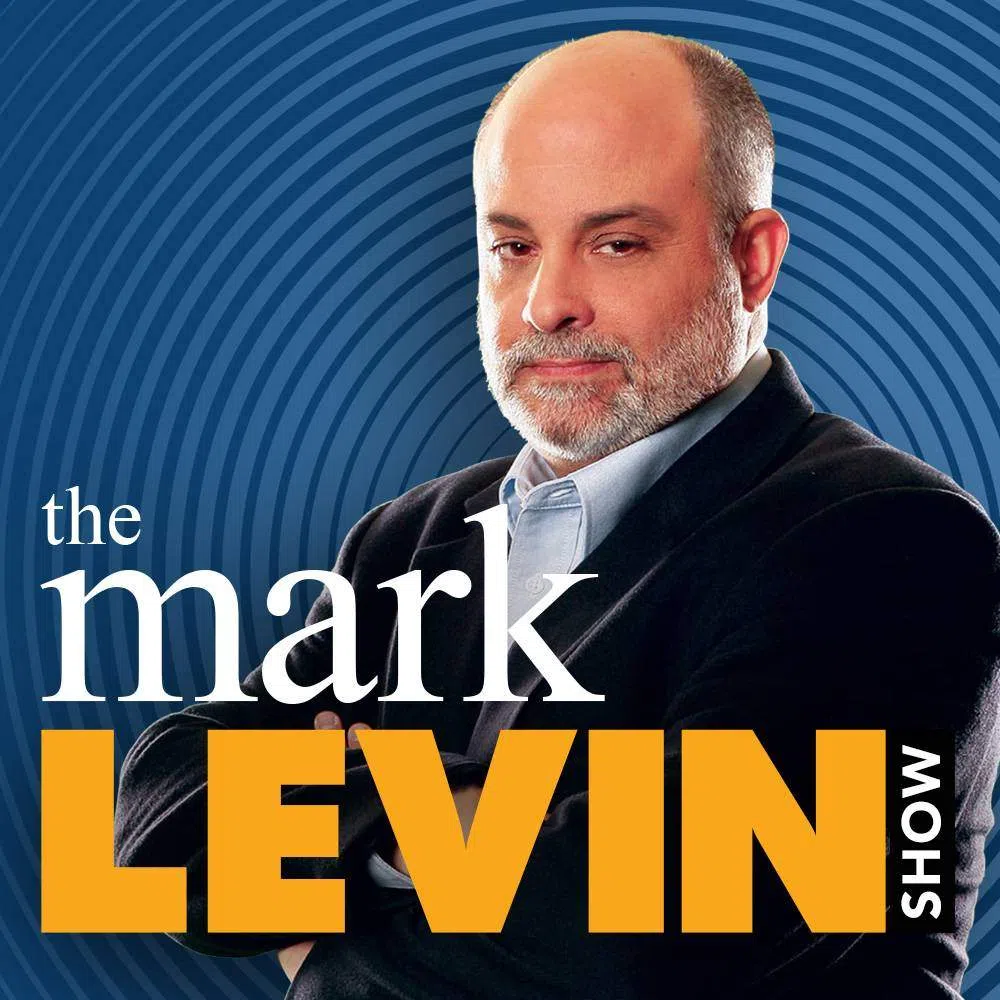When I was elected to Congress from the great state of Illinois, it didn’t take long to learn about the law of unintended consequences. While making well-intentioned efforts in order to make life better for constituents, lawmakers in Washington, D.C. sometimes make things worse.
For instance, agricultural subsidies can be great for farmers.
That is, until crops are overproduced and the retail price plummets — or not produced enough and prices soar. Tough logging restrictions in some places might preserve forests — but then heavily deforest other areas. Central control is often brutal in its impact.
A ready example today pertains to Pharmacy Benefit Managers (or PBMs) inside of healthcare reform.
While there have been congressional rumblings of some national solution, most of this action now is at the state level — in Arkansas, Tennessee, Louisiana, Missouri, Illinois and elsewhere.
There is a push to curtail PBMs in favor of traditional pharmacies.
PBMs are relatively new entities at the center of the prescription drug business.
PBMs work with pharmacies, insurance companies and drug makers to get meds toAmericans in a cost-effective way.
Some lawmakers are thinking that cutting out a “middleman” will be a savings easily achieved.
However, PBMs are not middlemen.
They often lower the overall price to the consumer because they negotiate with pharmaceutical companies for cheaper prices and handle distribution of drug sales.
Because PBMs deal in bulk discounts, with large volume transactions, they can use economies of scale.
In addition to the lower cost — often a necessary one — PBMs specialize in pharmacy-by-mail; an increasingly important way to distribute medicine to rural areas, to the elderly, to the disabled, and to our veteran community.
All competition within the healthcare space is healthy for the consumer.
Some PBMs own pharmacies themselves and provide all of the same information, drug advice, adverse warnings and most everything one expects at independent pharmacies.
In Illinois, a state bill on pharmacy reform recently passed which would give $25 million in grants to independent pharmacies by charging fees to PBMs.
This is no benefit to the consumer.
It’s a cost which will just be passed on.
This money redistribution between competitors was undoubtedly passed as a favor to these pharmacies and the state government aiming to pick winners and losers.
In Arkansas, the new prohibition of PBMs from owning or operating pharmacies by 2026 led to CVS and Express Scripts — both PBMs, announcing they would be leaving the state which would cut access to pharmacies for roughly 400,000 customers.
Clearly, the Arkansas legislature did not intend this. This glaring error demonstrates that the relationship between the doctor, the pharmacy/PBM, the insurance provider, the drug maker and the consumer is poorly understood by the legislatures.
They should refrain from knee-jerk solutions like these.
Both the PBMs CVS and Express Scripts (one of the largest mail-order pharmacies in the United States serving the U.S. military via Tricare among other, huge client pools) were part of the lawsuit that sued Arkansas to get relief in court from what they say is excessive government regulation at their expense.
Fortunately for the citizens of Arkansas, a federal judge blocked the law in late July, but the battle will continue this year.
At the federal level, Sen. Josh Hawley, R-Mo., has teamed up with Sen. Elizabeth Warren, D-Mass., to champion the anti-PBM efforts.
This bipartisan effort is well-intentioned but heavily influenced by the traditional pharmacies and pharmaceutical companies which seek to limit the very popular mail-in options offered by PBMs.
At the state level, we are also seeing bipartisan efforts.
Illinois has one of the most progressive governors, Gov. J.B. Pritzker, D-Ill., yet a Republican state senator sponsored the bill.
In Arkansas, the conservative Gov. Sarah Huckabee-Sanders, R-Ark., signed the bill with Democratic co-sponsors, publishing an opinion piece touting it in The New York Times, of all places.
While that’s all interesting and bipartisanship is generally good to see, what does it matter if both sides pushing an issue are equally wrong?
The local strength and almost romantic reputation of the brick-and-mortar pharmacies have “across-the-aisle” appeal.
That doesn’t make the traditional pharmacies correct — just well-entrenched and influential.
At the end of the day, our lawmakers in Washington should be reigning in states heading in this direction.
The law of unintended consequences should be avoided by:
- Better information about PBMs.
- Better understanding of the actual state of the brick-and-mortar pharmacy; and:
- A rejection of the bygone era romantic notion of the local apothecary fighting the giant corporation in need of legislative subsidies or government direct redistributions.
Mike Flanagan represented the 5th District of Illinois in the U.S. House of Representatives. For More of his Reports — Click Here Now.
© 2025 Newsmax. All rights reserved.






